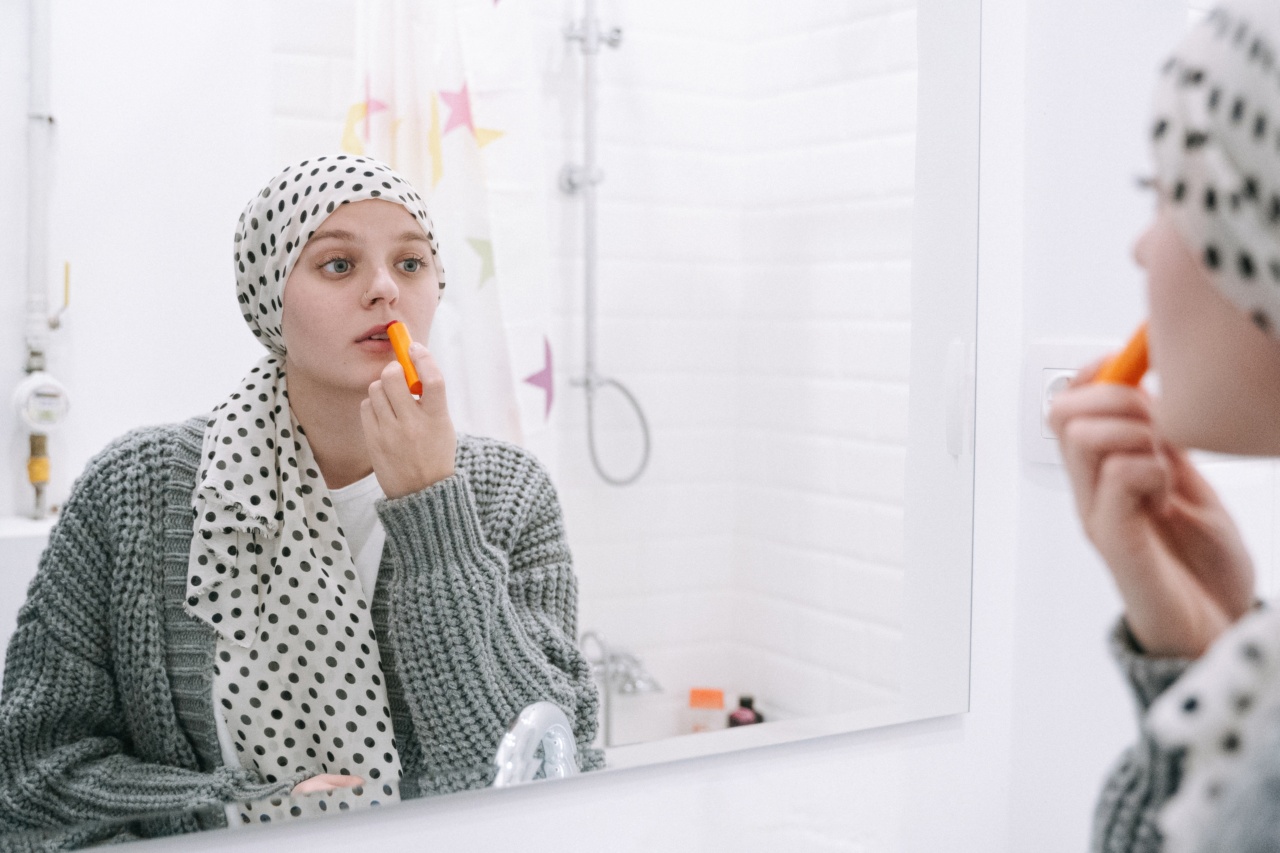When undergoing radiation therapy, it is important to pay attention to your nutritional intake. The treatment process can take a toll on your body, and a well-balanced diet can help you manage side effects and maintain your strength.
This article aims to provide an overview of the relationship between food and radiation therapy.
: How Radiation Therapy Affects Your Diet
Radiation therapy can interfere with your ability to eat and digest food. Depending on the location of treatment, it can cause mouth sores, nausea, diarrhea, and other gastrointestinal issues.
These side effects can make it difficult to consume the necessary nutrients your body needs.
: The Importance of Proper Nutrition
Having a proper diet is important for cancer patients, especially those on radiation therapy. Good nutrition can help you maintain your strength, support your immune system, and reduce side effects.
: What To Eat During Radiation Therapy
A well-balanced diet is important for cancer patients undergoing radiation therapy. Here are some tips to keep in mind for what foods to eat:.
- Include a variety of fruits and vegetables that are high in antioxidants to protect your cells from radiation damage.
- Choose lean sources of protein such as fish, chicken, and soy products.
- Choose whole grains and avoid sugar and processed foods.
- Drink plenty of fluids to stay hydrated. Avoid alcohol and caffeine as they can be dehydrating.
- Supplements may be recommended if your diet is lacking in certain nutrients.
: Foods to Avoid During Radiation Therapy
While undergoing radiation therapy, there are certain foods you should avoid to reduce side effects:.
- Salty and spicy foods
- Nuts and crunchy foods that can irritate mouth sores
- Citrus fruits and acidic foods that can cause mouth irritation
- Foods high in saturated fats and added sugars
- Alcohol and caffeine
: The Role of a Registered Dietitian
A registered dietitian can help you create a diet plan that supports your treatment and reduces side effects. They can also help with managing weight loss, maintaining hydration, and ensuring proper nutrient intake.
It is important to consult with a registered dietitian when undergoing radiation therapy.
: Conclusion
Radiation therapy can cause side effects that impact your nutritional intake, but with proper diet planning and support from a registered dietitian, you can manage these side effects and maintain your strength throughout treatment.


























